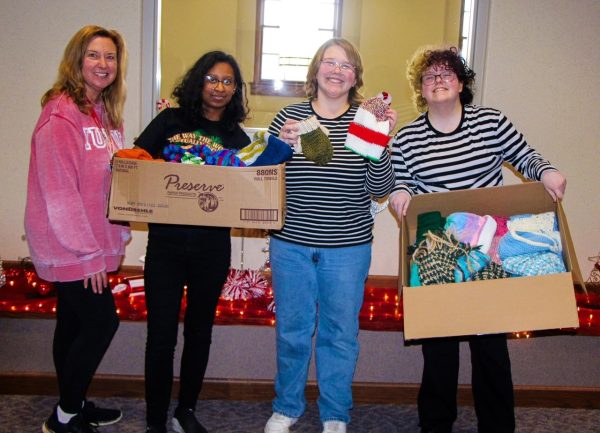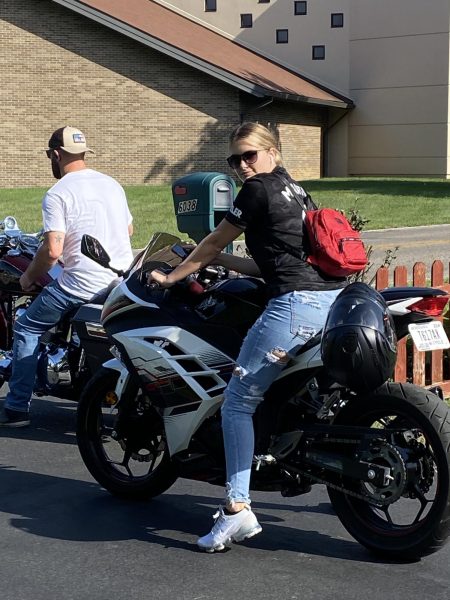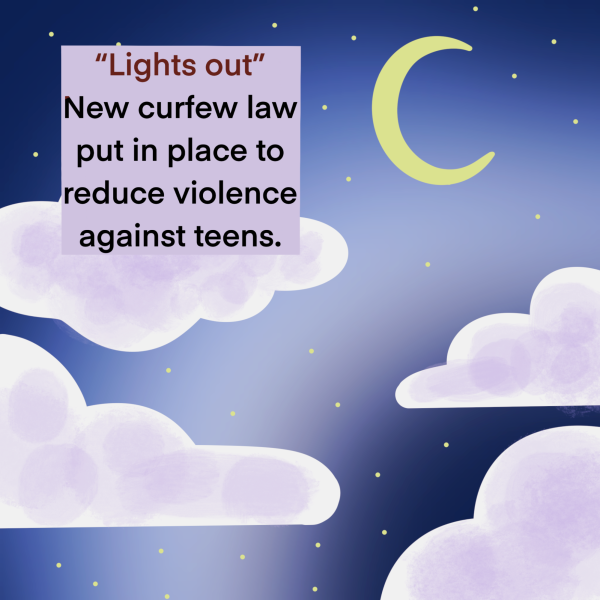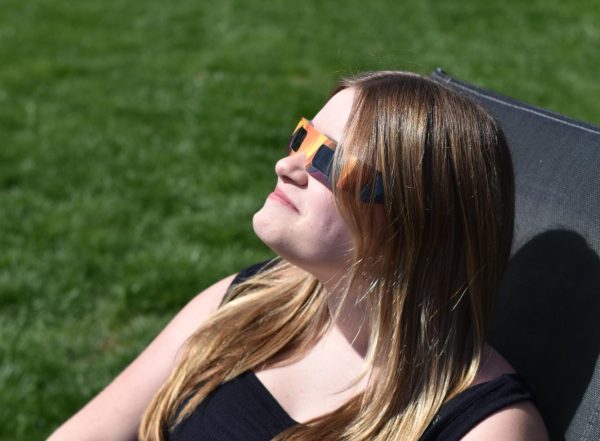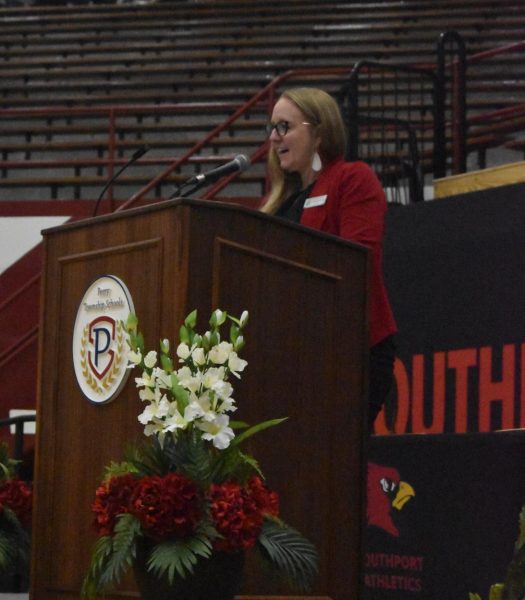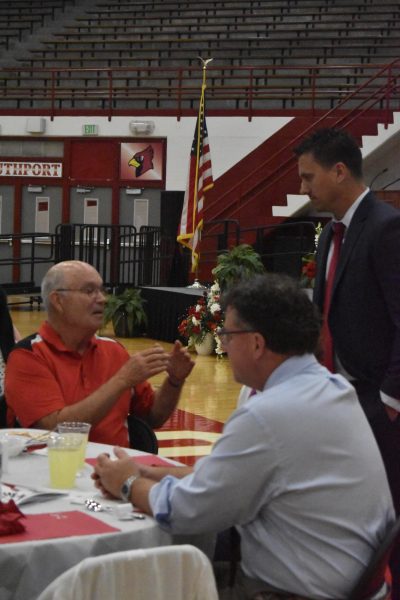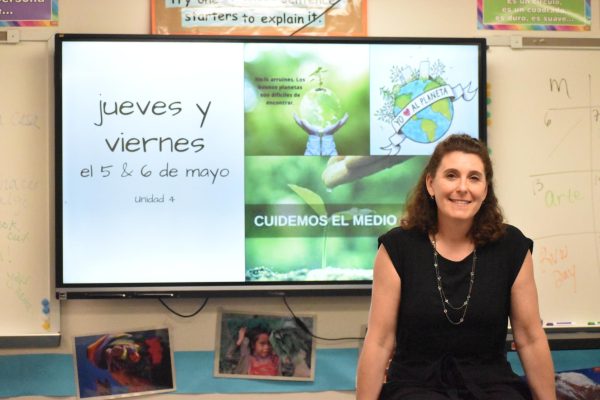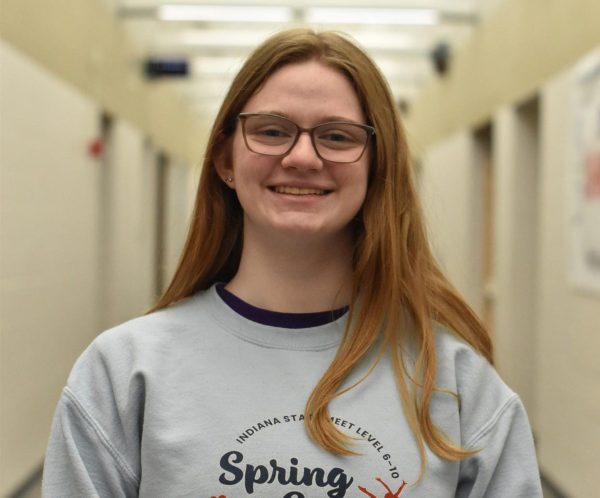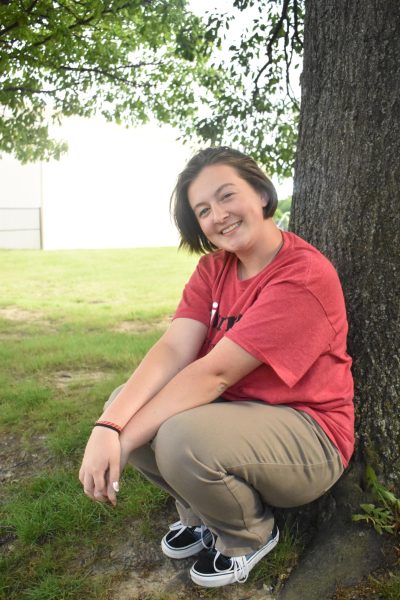Voting for the future
US Senate elections occur on Nov. 6. Here’s what students should know:
On Nov. 6, one-third of U.S. Senate seats will be contested. Three candidates are running for the Indiana seat.
“This matters. This is going to influence your future,” said Assistant Professor of Political Science at the University of Indianapolis Laura Wilson.
Wilson is referring to the upcoming Senate election, in which 35 of the 100 seats in the Senate will be contested, or challenged, by Senate candidates. Two of these 35 seats will be contested through special elections, meaning there are two vacancies in the Senate that need filled. The election will take place on Nov. 6. The three candidates running for Indiana are Republican Mike Braun, Libertarian Lucy Brenton and Democrat Joe Donnelly, who currently holds office as one of the senators of Indiana.
Wilson says that the most debated topics in this Senate election are gun control, immigration and healthcare. She also believes that young people need to start caring about elections now, because the decision of the polls influences every individual’s future.
“Because it’s a congressional midterm, a lot of times people don’t pay as much attention…,” Wilson said. “But this is a really important election.”
What issues are at stake?
Key issues in this election and the stances of the candidates greatly influence voters, whether they are with a certain party or not.
According to mikebraunforindiana.com, Candidate Mike Braun, hunter and National Rifle Association member, is a supporter of the Second Amendment, which gives the people the right to have and bear arms. His campaign website also states his opposition to the Affordable Care Act, saying that “Obamacare is an unmitigated disaster for Hoosier families and businesses.” Braun believes that this law has to be repealed and replaced with a more functional healthcare system. In addition, he thinks that more border security is necessary because Congress has failed to protect its people from illegal drugs and immigrants that have entered the country illegally.
Candidate Lucy Brenton believes in the Second Amendment as well, according to lucyforsenate.com. She feels that, because arms are the right of the people, it is their job to protect themselves, not that of the government. Brenton’s solution for healthcare is to form private healthcare cooperatives, which would allow people with similar lifestyles to split health care costs. Her philosophy on immigration is to “let the good people in.” She believes it needs to be easier to remove people who have immigrated illegally and might be in the U.S. for the wrong reasons.
According to donnelly.senate.gov, current Candidate and Indiana Sen. Joe Donnelly supports the Second Amendment and doesn’t agree with restrictions on bearing arms. He believes in the Affordable Care Act, or Obamacare. He thinks it makes access to quality healthcare easier for Hoosiers. OnTheIssues, a website providing non-partisan information for voters, says Donnelly does not believe in immigration amnesty, in which legal citizenship status is granted to immigrants in the U.S. illegally.
Although these issues do not cross many students’ minds, they are very important, according to Wilson. She says these issues, like gun control and immigration, get national attention because they affect all citizens.
Why should students care?
Social studies teacher Bonnie Tempest does not want uninformed students to vote. If students do not care and decide to vote, their vote may not align with what they truly want from the polls. Paying attention, even if students are under 18, will help them be ready to vote when the time comes. In addition, senators influence the people of their state directly.
“State legislature has more influence over our individual lives than the national elections,” Tempest said.
Assistant Professor of Political Science at the University of Indianapolis Laura Wilson, in agreement with Tempest, says that students may not think some issues matter, but these elections make extremely big decisions for the state. The fact that 18 year olds have the ability to vote and have a voice in government should be taken advantage of, Wilson says.
For example, at SHS, there are many immigrant families. EL teacher Amy Peddie says SHS has almost exactly 400 EL families, but there are many more immigrant families than that because students have tested out of the EL program. Depending on who gets voted into office, these families could face potential struggles or benefits.
The refugee ceiling, or the number of refugees the government lets in annually, has decreased drastically. Peddie says this year 45,000 refugees were allowed in the country, and next year that number will be down to about 30,000. Her statistics are confirmed by The New York Times. The people that hold office set these numbers, and their decision depends on how they feel about immigration and borders for the U.S.
Another part of immigration laws determine the possibility of college and its factors. Peddie says this can make immigrant students unsure of their future plans, as senators and representatives in government have different ideas across the board.
“A lot of what affects students are laws about college, and whether or not they can go, and how much they have to pay,” Peddie said.
Sophomore Noah Clark, who enjoys keeping up with politics, thinks that the most important topics are foreign affairs, the free press and President Donald Trump’s ideas in general. Depending on the senators that are voted in, Trump’s ideas may be rejected and less accepted by the people.
Clark says that, at most, students at SHS have as little as four years until they can have a voice in the real world. Therefore, staying informed and caring about these smaller elections means something in the long run. He says it is extremely important that young adults have the power to elect their representatives.
“It definitely sounds cliche, but (the election) affects our future,” Clark said.
How to register
With elections coming up, people who are eligible to vote but are not registered yet still have time to register. Applicants need to note that applications are due Oct. 9. If applicants are currently 18, they may apply. If applicants are 17, but will be turning 18 before the election day, they are still eligible.
Online
1. Go to indiana.voters.in.gov. Click on “Apply Now” under “Register To Vote.”
2. Enter first name, last name and driver’s license number.
3. Accept terms of use, then click on “Begin New Registration.”
4. Answer the following questions.
5. Confirm driver’s license number.
6. Fill out general information.
7. Review information to make sure it is correct.
8. Complete voter declaration.
9. Print confirmation page.
10. Await confirmation by mail, and remember applicants cannot vote until the application has been accepted.
Print application
1. Fill out general information.
2. Verify U.S. citizenship and confirm age of at least 18 years old by election day.
3. Obtain voter identification number using driver’s license number or the last four digits of social security number.
4. Verify U.S. citizenship, age, criminal record and truthfulness of the application.
5. If applicant doesn’t take application directly to the county voter registration office, person taking custody of application must sign and date application.
6. Mail or take form to the Marion County Voter Registration or the State of Indiana Election Commission, according to deadline requirements.
Print application can be found at in.gov or at state or local election office.
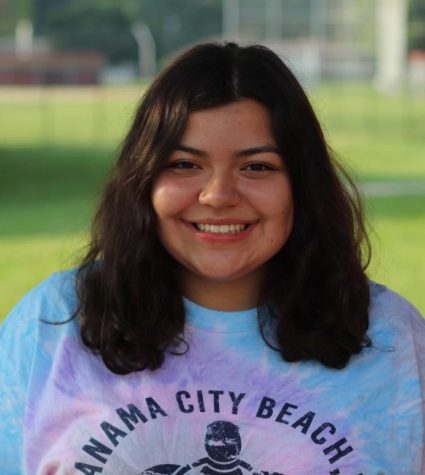
Hey, y’all. It’s Elizabeth Valadez, and this year I’m back for my third and final year as The Journal’s Editor-In-Chief. I also play the clarinet,...
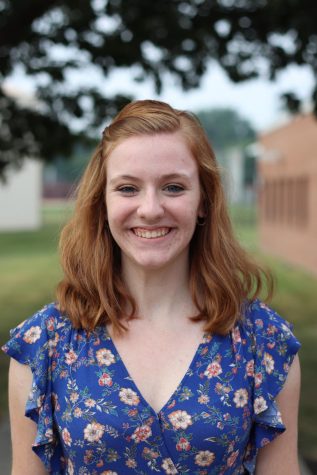
Hello! My name is Julia Brookshire and I am the Online Managing Editor this year for The Journal. My journey to this position has been in fast forward,...



